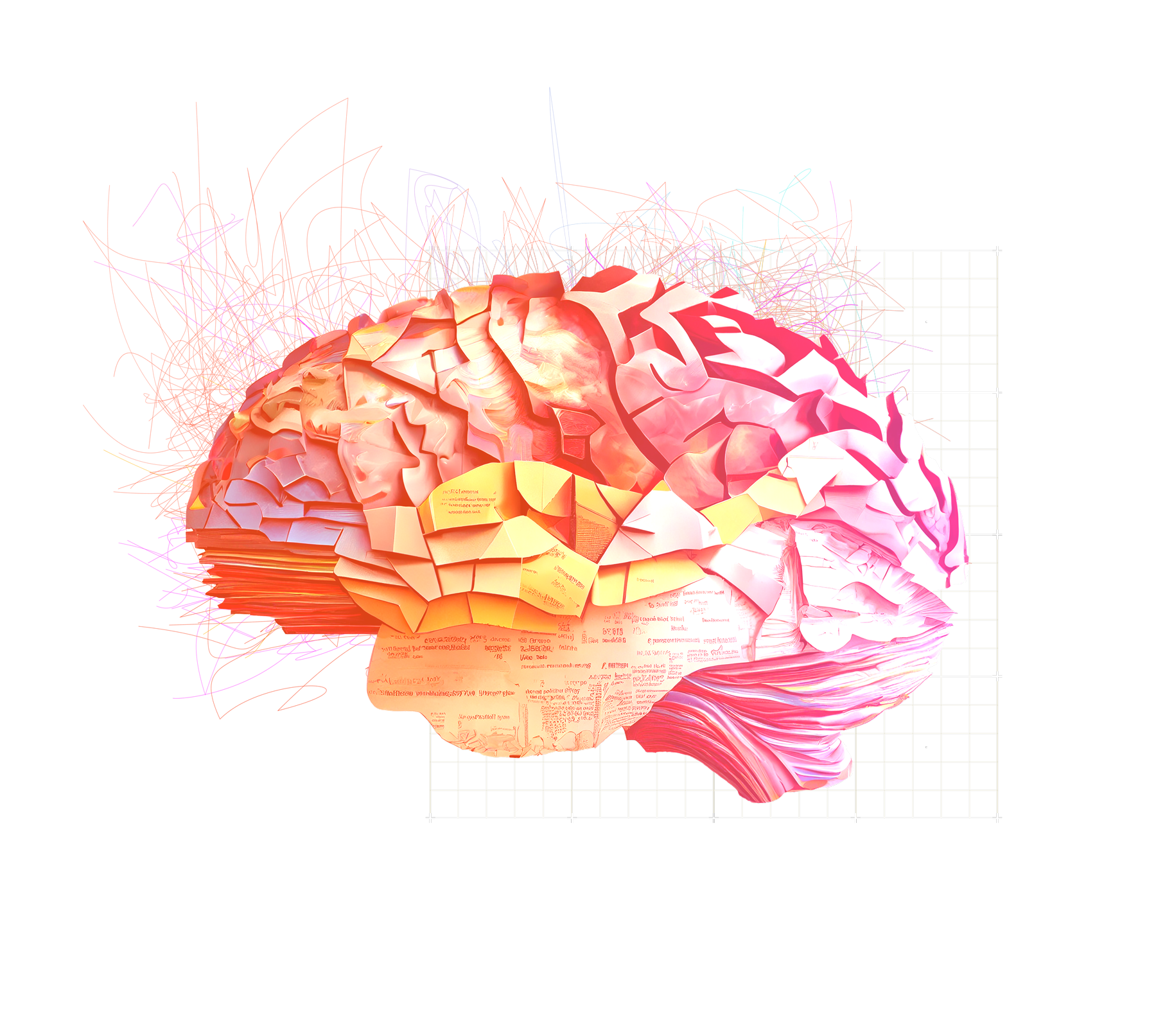the impact of cold water therapy on the brain
This week’s post is one of Paul’s personal practices—cold exposure. He has talked about this before, but now we’re delving into a new research paper that shows the impact of cold exposure on the brain.
Before we get into it, it’s important to note the previous studies on the topic, one of which is a research paper from the University of Netherlands where participants experienced a 29% reduction in sickness and absenteeism after having a minimum 30-second cold shower at the end of their normal shower. In the year 2000, the World Health Organization recommended that we should have cold showers for good physical and mental health, and we are starting to see why they are beneficial.
Other lines of research show that both 2 minutes of cryotherapy or 20 seconds of immersion in 4.4 degrees of water increase noradrenaline by 200-300%. Noradrenaline is a neurotransmitter in the brain that is a feel-good chemical; it’s also important for focus and attention.
In the past, Paul has had extensive interviews with Prof Mike Tipton from Portsmouth University, who is one of the world leaders—if not the world leader—in cold exposure. He also conducted a case study with a British lady who was cured of her treatment-resistant depression by engaging in regular cold water swimming. Prof Mike says that there is a lot of anecdotal evidence of people reporting reduced depression and anxiety symptoms through cold water exposure, and he thinks that the benefits come from a combination of the cold water itself and the social aspects when people actually do that.
Other research, from combined animal and human studies on cold-water exposure, shows that it can decrease inflammation, have a positive impact on your gut microbiome, improve your metabolic health, increase the amount of brown fat—the metabolically active fat, improve your mood and cognition, and even activate antioxidant enzymes and increase
mitochondrial biogenesis.
This new research paper, which was shared with us by a podcast fan, shows that MRI scans reveal changes in the brain’s wiring after cold-water exposure. Titled ‘Short-Term Head-Out Whole-Body Cold-Water Immersion Facilitates Positive Affect and Increases Interaction between Large-Scale Brain Networks,’ this study took 33 healthy adults, aged between 20 and 45, who had never done cold-water swimming and asked them to do a 5-minute whole body bath, head out, in 20-degree water.
However, it’s quite surprising that researchers used 20-degree water, especially since Prof Mike Tipton previously suggested that 15 degrees was key for activating that cold water shock, but they must’ve had some very good reasons.
During the experiment, the research team did an MRI scan of the participants’ brains twice: before they had the cold water immersion for 5 minutes at 20 degrees, and when they come out from it. Participants were also asked how they felt and they responded feeling more active, more alert, more attentive, more proud and inspired, and less distressed and
nervous after having the cold water bath.
These positive emotions were found to be correlated with the changes in the connectivity of two really important areas in the brain: the frontal lobes and the parietal lobes. The connectivity between them is important in mood changes, and we see that in depressed people, there is altered connectivity between those two parts of the brain. So, the researchers suggested that this may be the mechanism by which a lot of people report that they feel better and that their mood is improved both in the short and the long term
after regular cold water exposure.
Moreover, the researchers pointed out that this whole body exposure to cold triggers the release of not just noradrenaline but also serotonin, cortisol dopamine, and beta-endorphins, which together play a critical role in emotional regulation, stress regulation, and reward processing. We know that deficits in these neurotransmitters have been reported as critical
factors in developing a range of psychiatric disorders, depression, anxiety, and other emotional disturbances.
To test this, the research group used the Panna Scores questionnaire, which basically measures positive affect and negative affect or emotion. They found that the changes in positive affect increase energy, motivation, and alertness—which are things we find reduced when people have depression. Individuals would report reduced energy levels, reduced
motivation, and reduced levels of alertness, and that basically corresponds well with a separate recent study that shows people thought that regular exposure to cold exposure had a reduction in depressive symptoms in 59% of the participants.
So it’s all starting to come together in terms of how cold water exposure can impact mood. What these researches have quite eloquently shown is that the changes in the neurotransmitters’ states are linked to negative and positive emotions. They also highlight what’s called the Broaden-and-Build Model of Positive Emotions which argues that the ratio of positive to negative emotions is the factor that distinguishes well-functioning individuals from people who are not functioning.
This research proposes a ratio of 3:1 positive to negative emotions, and their data showed that in their participants, that ratio went from 1.75:1 in the pre-assessment to 3:1 in the post-assessment, indicating the perceived positive benefits of the cold water immersion are linked to this Broaden-and-Build model, which is linked to the positive changes in neurotransmitters and that is now, with this study, linked to different connectivity in those significant parts of the brain that we know are implicated in depression.
Now, the researchers do point out that this is not a randomised controlled study, meaning there’s no controlled group obviously, so there does remain a possibility that the impact is placebo or that it could be that the courage that they showed to get into the cold water could trigger those mood changes.
However, when it’s all taken together and you see those changes in the brain, it is one more step to understanding the positive impact of cold water immersion on overall brain function and mood.
Corporate burnout to mental fitness
Inspired to live intentionally? Want to be the change in your workplace? Fill out this form & let’s chat.


